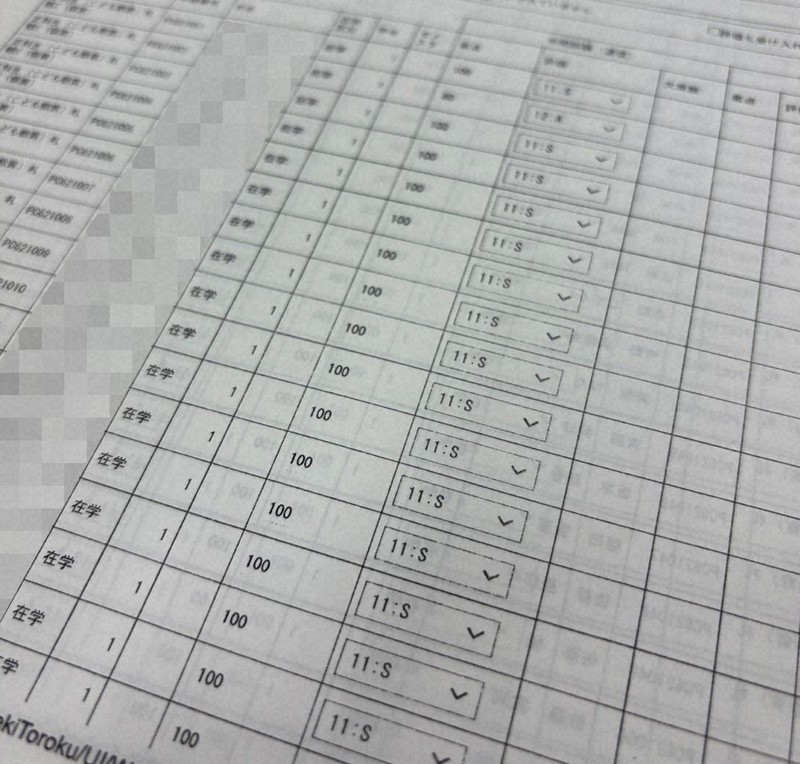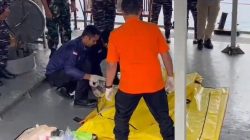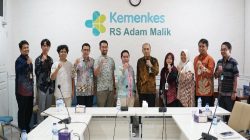The Controversy Behind the Kindergarten Teaching License Scandal in Japan
A recent scandal involving a college in Japan has raised serious concerns about the integrity of its education system. Over 2,600 individuals obtained kindergarten teaching licenses through a distance-learning program, but the process was marred by improper practices that have sparked widespread criticism.
The issue centers around Odawara Junior College, which allowed students to use official study guidebooks containing model answers during examinations. This practice led to a significant number of students openly copying these answers, undermining the fairness and validity of the testing process. As a result, many individuals received their licenses without properly demonstrating the knowledge and skills required for the profession.
The Role of the Distance-Learning Program
The college’s distance-learning program was designed to provide flexibility for students, particularly those enrolled at 14 affiliated vocational schools across the country. However, the program’s structure and oversight were found to be lacking. The availability of model answers during exams created an environment where academic dishonesty could thrive. This not only compromised the credibility of the licensing process but also raised questions about the qualifications of those who received the licenses.
Impact on the Education Sector
The situation has prompted the education ministry to take action. Officials have instructed the college to revise its examination methods to ensure that future candidates are assessed fairly and accurately. The scandal has also highlighted the need for stricter oversight of distance-learning programs, especially those that grant professional certifications.
The implications of this incident extend beyond the college itself. It has sparked a broader conversation about the standards and accountability within Japan’s educational institutions. Parents, educators, and policymakers are now calling for reforms to prevent similar incidents from occurring in the future.
The Broader Context of Academic Integrity
This case is not isolated; it reflects a growing concern about academic integrity in various sectors. While distance learning has become increasingly popular due to its convenience, it also presents unique challenges in maintaining the quality and rigor of assessments. The misuse of study materials and the lack of supervision during exams can lead to serious consequences, including the issuance of credentials that do not reflect true competence.
In response to the scandal, there is a clear need for enhanced monitoring and evaluation systems. These systems should include regular audits of exam procedures, stricter enforcement of rules against cheating, and greater transparency in the certification process. Additionally, educators and administrators must be trained to recognize and address potential issues before they escalate.
Moving Forward
As the education ministry works with Odawara Junior College to implement changes, the focus must remain on restoring public trust in the licensing process. This includes not only revising exam policies but also fostering a culture of honesty and professionalism among students and staff.
The incident serves as a reminder of the importance of upholding high standards in education. It underscores the need for continuous improvement and vigilance to ensure that all individuals who receive professional licenses are truly qualified to perform their roles.
By addressing the root causes of this scandal and implementing long-term solutions, Japan can take a significant step toward strengthening its educational system and protecting the integrity of its professional certifications.







